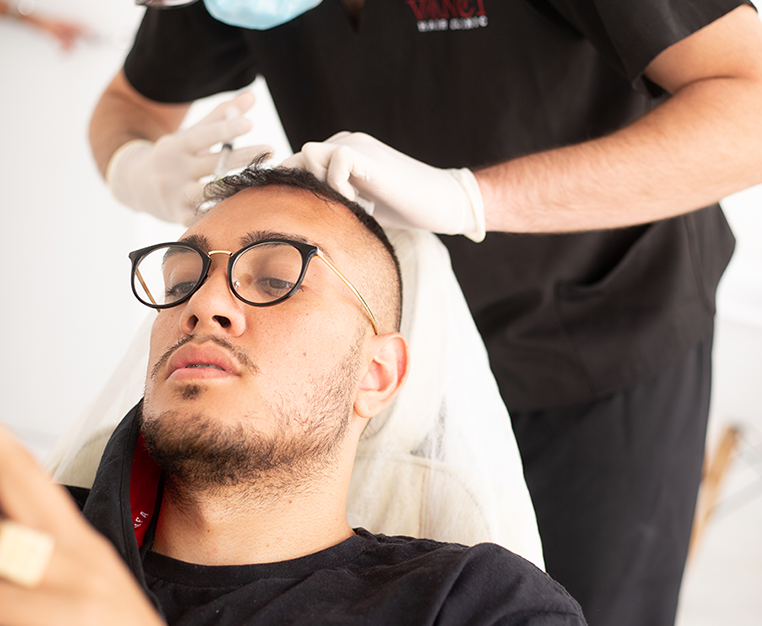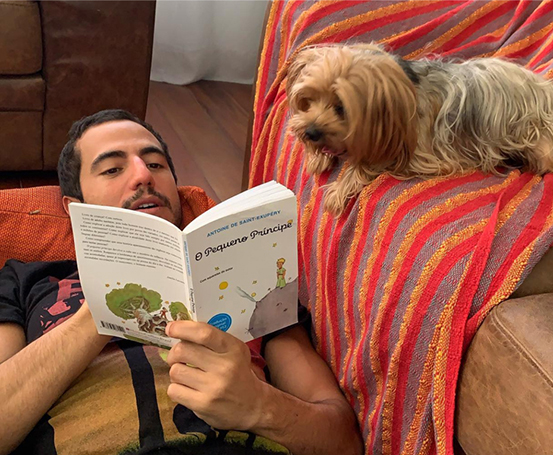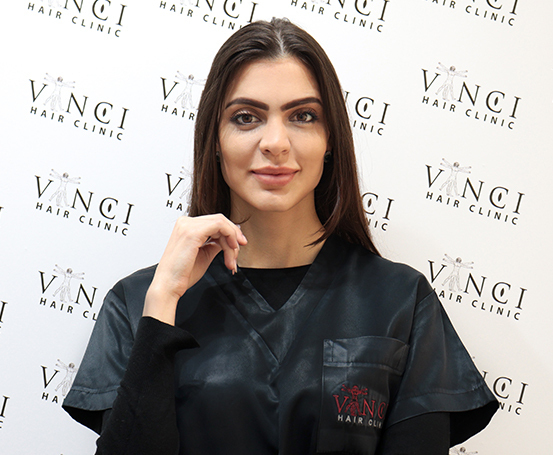The condition of your hair is a visible indicator of just how healthy your body is on the inside. Like the cells of the internal organs in your body, every single hair cell requires a regular supply of nutrients and minerals to stay healthy. Most of these critical nutrients come from your diet, although some hair products can provide additional nutrition for your hair. Eating the right balance of nutrients and other food groups, including protein, vitamins, and minerals, will help nourish your hair to keep it shiny and healthy.
Protein: Your Hair’s Building Block
Your hair is made of protein, so ensuring you’re eating enough of that nutrient is the best starting point. Sure signs that you’re not getting enough protein for your body and hair include dry, brittle and weak hair that breaks easily. Nowadays, there are many different types of diet to try. Veganism is also a growing trend but at what cost to your hair?
A protein-deficient diet may restrict hair growth and could even result in hair loss. The reason for this is that your body prioritises providing nutrition to the vital organs. The lack of nutrition shrinks hair follicles, causing them to stop producing hair. Excellent protein sources to include in your diet if you’re a meat-eater are chicken, turkey, eggs and fish. For vegans or vegetarians, legumes and nuts are excellent sources.
Omega-3 And Fatty Acids
Essential fats and acids are vital for the healthy functioning of all the cells in our bodies, including hair cells. Omega-3 fatty acids are a very special type of essential fats which our body cannot manufacture by itself. They are to be found in the cells lining your scalp and serve to keep your hair and scalp hydrated. Adding oily fish such as mackerel, herring, salmon, sardines and trout to your diet is an excellent way of getting omega-3 fatty acids into your system. Excellent plant sources of omega-3 include avocado, walnuts and pumpkin seeds.
Avoid Iron Deficiency
Iron deficiency is a significant cause of hair loss. The health of our hair roots and follicles depends on the delivery of nutrient-rich blood to the scalp. Iron is a vital component in the synthesis of haemoglobin, the protein responsible for carrying oxygen around the body. Severe iron deficiency leads to anaemia, where iron levels in the blood fall below minimum levels. A reduction in the supply of nutrients to your scalp affects the hair growth cycle, leading to hair follicle miniaturisation which, in turn, is followed by excessive shedding.
Red meat is a perfect bioavailable iron source, especially kidney and liver (although not many people enjoy these cuts of meat). Fish, turkey and chicken are also excellent sources of iron for meat-eaters. If you’re vegetarian, you can replenish your iron stores by eating more lentils, spinach, and leafy greens such as kale, broccoli and salad greens.
Vitamins A, C, E And Biotin
If you include only three vitamins in your diet, make sure it’s these three. Your hair will thank you for it.
Vitamin A
The body uses vitamin A to make sebum, the oily substance secreted by the sebaceous glands. Sebum acts as a body-derived natural conditioner for your hair and helps to maintain a healthy scalp. Dry hair or an itchy scalp are common symptoms of a lack of sebum. Make sure you’re eating colourful foods (yellow/orange) rich in vitamin A-producing beta-carotene; think carrots, pumpkins, sweet potatoes and yellow or orange peppers.
Vitamin C
Vitamin C supports the absorption of iron, so eating iron-rich foods together with vitamin C will ensure your body gets all the iron it needs. Vitamin C is also an antioxidant that helps your body deal with free-radicals, waste products of the body’s functions. The ideal sources of dietary vitamin C are blueberries, blackcurrants, oranges, papaya, sweet potatoes, strawberries, kiwi fruits, broccoli and guava. Vitamin C also boosts collagen production, an essential component of blood capillaries that supply the hair follicles with nutrients.
Vitamin E
Vitamin E protects your hair from sun damage. Nuts pack a punch when it comes to vitamin E content and are also rich in the trace elements zinc and selenium. Sources of zinc include eggs, oysters and beef. Besides dietary vitamin E, choose hair products enriched with vitamin E to protect your hair.
Biotin
Biotin, sometimes known as vitamin B7, enables the body to release energy from the food we eat. Vitamin B7 dissolves in water, so the body cannot store it. If you want more of it, you have to make sure you’re getting it from your diet. If your hair is brittle and lacking lustre, try upping your intake of whole grains, liver, soy flour, yeast and egg yolk. All these foods are high in biotin and other essential nutrients.
Getting Reliable Hair Advice
Maintaining your hair’s health is more than just about what you eat. Although your diet contributes to your hair’s survival, other factors can affect how your hair looks and feels. If you’re facing any issues with your hair and changing your diet isn’t helping, Vinci Hair Clinic can help you find answers. A free consultation will help you get to the bottom of your hair woes, so go ahead and book your appointment today!




